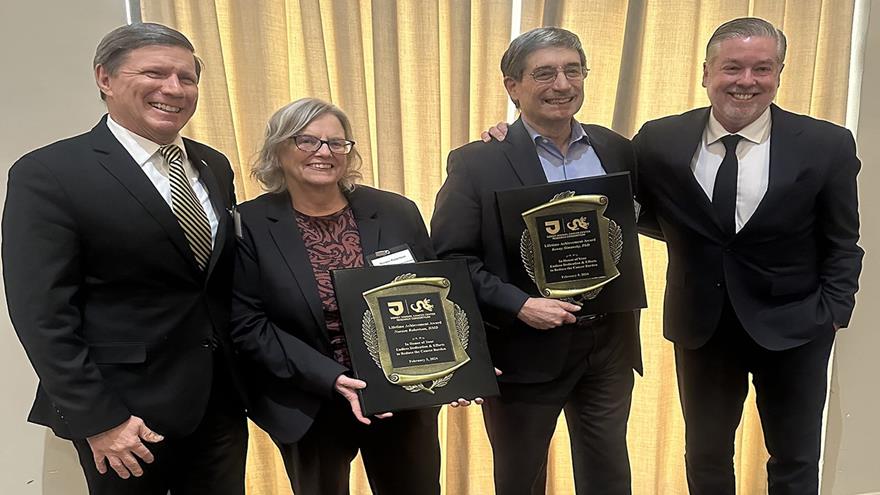Drexel Students Travel to African Hospitals to Improve Health Care Facilities
November 1, 2010
Related

- Bolstered by Research Consortium with Drexel, Jefferson’s Sidney Kimmel Cancer Center Earns NCI Comprehensive Cancer Center Designation
- No link between acetaminophen use during pregnancy and children's autism risk
- Drexel Recognizes Gregory E. Deavens, CPA, CGMA as Business Leader of the Year
- $15 Million Gift from Howley Foundation Expands Drexel Scholarship Program for Local Graduates
Chirag Patel, a Drexel University senior majoring in biomedical engineering, spent a month in Gambia serving as a hospital's clinical engineer, part of the WeSERVE program.The WeSERVE program is sponsored by the University and allows students to volunteer in various health development initiatives locally in Philadelphia, as well as internationally, with the primary objective of bringing life-saving solutions to the less fortunate citizens of the world. Students are able to spend their cooperative experience supporting the WeSERVE program in places like Gambia.Patel worked at the Sulayaman Junkung General Hospital (SJGH) located in Bwiam, Gambia, which hosts 200 beds, serving a population of about 100,000 people. The hospital faces a shortage of doctors and trained staff, shortage of electricity, limited access to educational resources, lack of biomedical equipment and the absence of a qualified biomedical engineer.“Due to the inability of the minimally trained maintenance team to handle imported medical equipment, there is a genuine need for a biomedical engineer capable of facilitating the installation, restoration, and maintenance of the equipment, as well as promoting sustainability through training workshops,” says Patel.Patel conducted a thorough assessment of the hospital’s medical equipment inventory and developed a protocol for broken equipment management during his first week at SJGH. Throughout his month stay, he supervised and trained staff on medical equipment, facilitated maintenance of equipment, created user and service manuals for staff to reference, and assisted local health professionals with community health initiatives.“It was rewarding to see that by week three, students at the hospitals were able to repair equipment when it broke down based on what I taught them,” says Patel.Patel was also responsible for establishing a long-term relationship and job position at the hospital in order to assist future students interested in serving at SJGH.WeSERVE initiatives help students promote a better understanding of the inadequacies of the health system from the patient’s perspective and inspire students to engineer innovative life-saving solutions. Patel is one four undergraduate biomedical engineering students who have made the journey to Africa. The program is looking to send one student to a hospital in Africa at least every co-op cycle at Drexel, which is every six months. Cooperative education or co-op as it is usually referred to is experience-based learning where students “learn by doing” as they alternate periods of classroom study with periods of off-campus, full-time, professional-level employment in positions aligned with their academic interests. Established more than 90 years ago, Drexel’s co-op program is the second largest in the nation.News media contact: Stephanie Takach, Drexel News Bureau Associate 215-895-2671, 215-519-9096 (cell), sct29@drexel.edu
In This Article
Drexel News is produced by
University Marketing and Communications.
now.editor@drexel.edu
For story suggestions or to share feedback
now.webmaster@drexel.edu
For questions concerning the website, or to report a technical problem